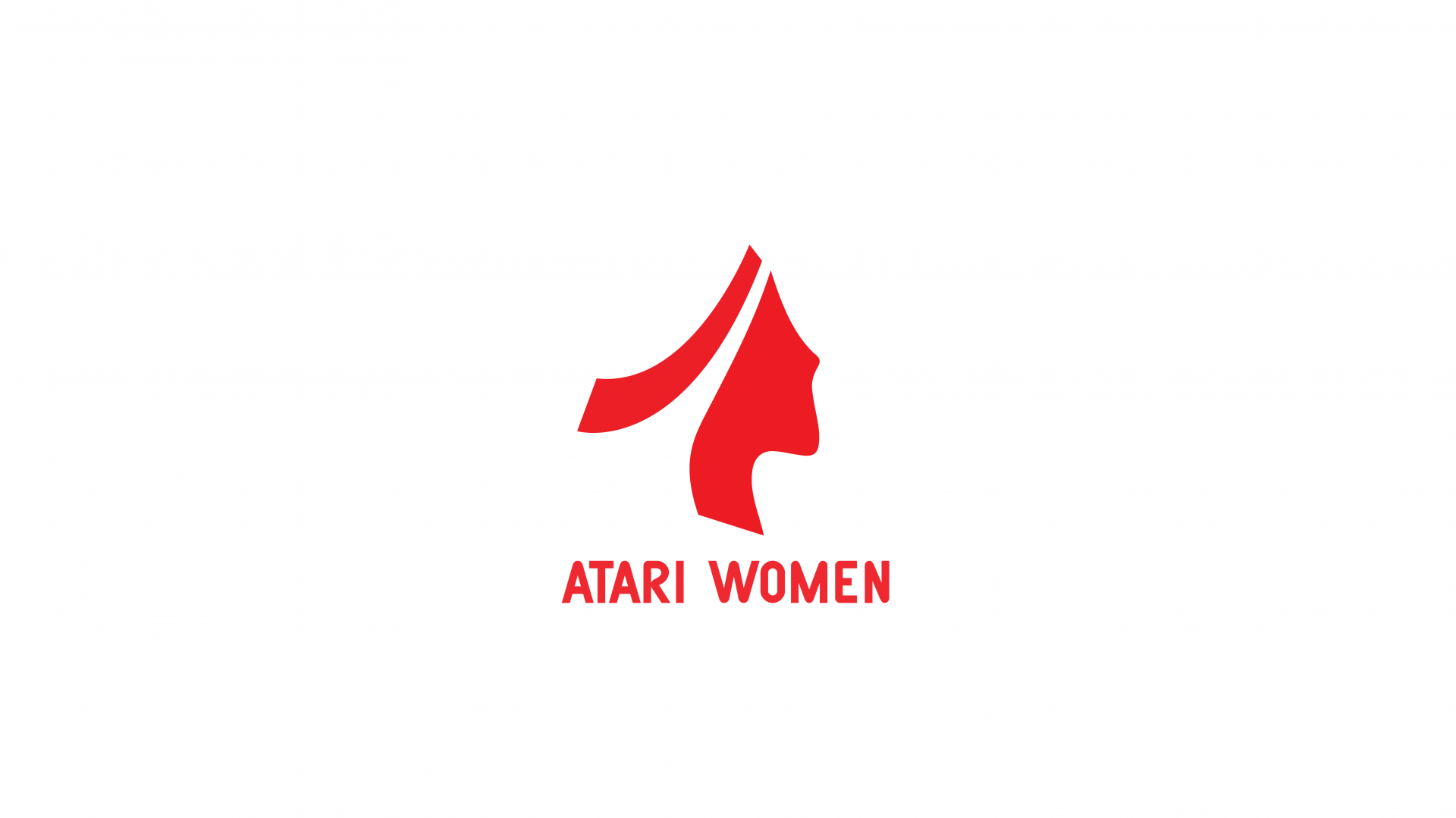AtariWomen is a research project aimed at celebrating the hidden stories of women and gender minorities who made crucial engineering contributions to Atari games in the early 70’s and 80’s. According to media historians Nathan Esmenger and Marie Hicks, women have been essential to the rise of computing in both US and UK – nevertheless, few women are known and many more are completely missing from the computing narrative. The 1980’s represent a crucial period of change for women’s participation in computing. Across the decade, images of the weird, brilliant, male computer hacker began to take hold of the media’s attention, showing up in storylines for major movies and popular accounts, but neglecting the important work of women in that process. We want to change this misrepresentation of women in the gaming industry by establishing their presence into the historical archives.
Focusing on the 1970’s and 1980’s Atari game developments, we will design, create and manufacture interactive artefacts that introduces and allow participants to learn about the narratives of Atari women. We explore and challenge industry notions of who is and who should become a programmer, engineer, and designer by revisiting accounts of people whose labor remained hidden within the Atari products and their marketing. In doing so, we call on participants to help rewrite engineering histories to highlight key computational know-how contributed by groups underrepresented within computing fields today.
The AtariWomen project is inclusive of all underrepresented gender minorities, including cisgender, transgender, non-binary, and gender non-conforming individuals. We believe that while everyone’s story might be different, all of these stories are valuable parts of our history, and are worthy of being documented and shared. We aim to celebrate the diversity of gender in the game industry’s past, so that underrepresented and marginalised people in the industry’s present and future know that they also have a rich legacy and a place in history.
Atari Women is a research project organised in collaboration between the Human Centred Computing (HCC) Section at University of Copenhagen, in Denmark and the Human Centered Design & Engineering (HCDE) Department at University of Washington, Seattle, USA.
The research project is built upon collecting stories about underrepresented people who were part of the early days in gaming. People who contributed with information and data includes:
- Carol Shaw
- Carla Meninsky
- Dona Bailey
- Suki Lee
- Rebecca Heineman
- Chris Maddox
- Kate Edwards
- Brenda Laurel
- Betty Ryan Tylko
- Patricia Goodson
- Laura Nikolich
- Carol Thomas
- Lucy Gilbert
- Dawn Epstein
- Joseph Decuir
- Mark Ackerman
- Jim Turner
We are still collecting data and are very interested in getting in touch with:
Noelie Alito, Jane Terjung, Jamie Fenton, Ava Robin Cohen, Amy Hennig, Cathryn Mataga, Marilyn
Pernille Bjørn, Professor and Fulbright Scholar, University of Copenhagen Denmark & University of Washington, Seattle, USA & Department of Computer Science, University of Copenhagen, Denmark – contact pernille.bjorn [at] di [dot] ku [dot] dk
Daniela Rosner, Assistant Professor, University of Washington, Seattle, USA
UW students: Cara Pangelinan, Esther Lin, Kellie Dunn, Victoria Lijing Teng, Carina Dempsey, Rachel Kangas, Tanya Chang, Lynda Nguyen, Monina Nepomuceno, Melody Xu, Julie Sayigh, Erin Graves, Khadijah Jordan, Nicole Washington, Mulki Mohamed, Sandy Yang, TJ Gascho, Yueqian Zhang, Jungeun Choi, Braxton Kinney, Jenny (Na Eun) Hong, Nora Morsi, Erica Smith, Jessica Chin, Emily Xiaoyang Chen, Linda Lai, Yifan Lin & Amanda Zhu
The research project is funded by Fulbright Association, FemTech.dk, HCDE department & Department of Computer Science DIKU.
